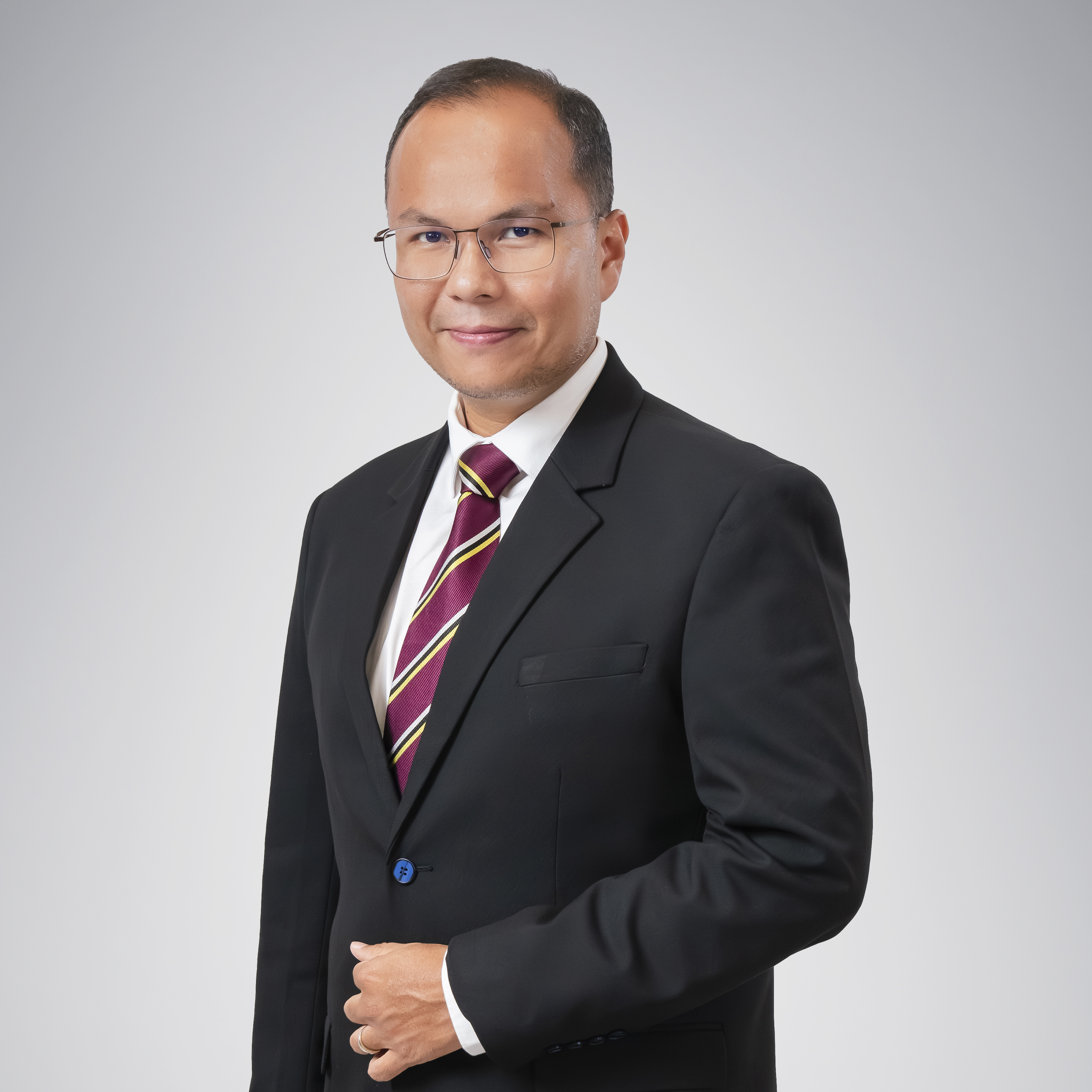Why Dementia Deserves More Attention in Malaysia
16 July 2025

Forgetfulness is often seen as a normal part of ageing, but dementia is a serious medical condition—and it’s affecting Malaysians earlier and more frequently than many realise. Consultant neurologists are raising the alarm: lifestyle factors such as hypertension, diabetes, and high cholesterol are key contributors, and changes need to begin long before symptoms appear.
Globally, more than 55 million people are living with dementia—a figure expected to rise to 78 million by 2030, according to the World Health Organisation. In Malaysia, where nearly 16% of the population is aged 60 and above, local studies estimate over 200,000 people are affected. However, due to limited awareness and screening, the true number is likely much higher.
Recognising the Difference Between Dementia and Normal Ageing
 Many people assume that misplacing objects or repeating stories is just part of getting older. But Dr Mohamad Imran bin Idris, Consultant Neurologist at Sunway Medical Centre, Sunway City, explains that dementia involves more significant cognitive decline. “When someone can no longer manage daily tasks like cooking, handling finances, or holding a coherent conversation, that’s when dementia should be suspected,” he said.
Many people assume that misplacing objects or repeating stories is just part of getting older. But Dr Mohamad Imran bin Idris, Consultant Neurologist at Sunway Medical Centre, Sunway City, explains that dementia involves more significant cognitive decline. “When someone can no longer manage daily tasks like cooking, handling finances, or holding a coherent conversation, that’s when dementia should be suspected,” he said.
He adds that while some slowing of memory is typical with age, dementia goes further, impacting language, decision-making, and even the ability to recognise familiar faces. Importantly, Alzheimer’s disease is just one form of dementia.
In Malaysia, vascular dementia—caused by reduced blood flow to the brain, often linked to chronic conditions such as high blood pressure or diabetes—is also common.
“Age is a risk factor we cannot change,” Dr Imran said, “but vascular risks are manageable. By controlling blood pressure, cholesterol, and blood sugar early, we can lower the risk of developing dementia.”
Understanding Different Forms of Dementia
It is important to recognise that Alzheimer’s disease is only one form of dementia. Dr Mohamad Imran bin Idris stresses that dementia is an umbrella term, and in Malaysia, vascular dementia is also common. This form results from reduced blood flow to the brain, often following a stroke or linked to chronic conditions like high blood pressure and diabetes.
With the high prevalence of hypertension, high cholesterol, smoking, and diabetes in Malaysia, vascular dementia presents a significant health risk. “Age is a risk factor we cannot change,” Dr Imran explains, “but vascular risks are manageable. Early control of blood pressure, cholesterol, and blood sugar can reduce the chance of developing dementia.”
Younger people are not immune to the condition, either. Dementia is frequently dismissed as normal ageing or depression, but Dr Imran points out cases of early-onset dementia in individuals as young as their 30s and 40s. “We’ve seen patients showing early signs—often after strokes or years of untreated chronic illness,” he said.
Dementia can develop quietly over decades, with brain damage accumulating well before symptoms become apparent. This misconception that dementia only affects the elderly often delays diagnosis and treatment, highlighting the need for greater awareness.

The Power of Sleep, Social Connection, and Mental Variety
While diet and exercise are known to benefit brain health, Dr Imran highlights sleep as a crucial, yet neglected, factor. “There’s a tendency to glorify late nights and little rest, but poor sleep has a bigger impact on brain health than most people realise,” he said. He also stresses the importance of social interaction.
“Spontaneous conversation exercises your brain in ways that repetitive games don’t,” he explained. Games like Sudoku or chess offer some benefit, but overused digital games often fail to challenge the brain over time. “Your brain thrives on novelty, not routine.”
Caring for the Caregivers
Caring for a loved one with dementia can take a significant emotional and physical toll on families. Dr Mohamad Imran bin Idris, Consultant Neurologist at Sunway Medical Centre, Sunway City, warns that without proper support, caregivers risk becoming unwell themselves. “We risk having two unwell individuals instead of one—the patient and the caregiver,” he said.
Establishing routines, such as regular walks in the park or scheduled visits, can offer a sense of predictability and comfort for the person with dementia. Dr Imran also highlights the value of dementia-focused daycare centres, which provide structured, safe environments for patients while giving caregivers a much-needed break.
At the heart of care, however, lies empathy. Dr Imran shared the poignant example of actor Gene Hackman, who reportedly lived with severe Alzheimer’s and, following his wife’s passing, remained trapped in a cycle of confusion—unable to comprehend her absence but continuing to care for her.
“People with dementia live only in the present moment,” he explained. “They can’t access the past or plan ahead. That can be frightening, especially when they feel isolated.” His message is simple but powerful: treat people with dementia with compassion. “They may not remember your name,” he said, “but they’ll remember how you made them feel.”

Emerging Treatments and the Hope of Prevention
Though dementia has long been seen as an irreversible decline, hope is emerging. “Two years ago, treatment options were limited,” Dr Imran says, “but now medicines can slow progression. We are entering a new era.”
Advances in screening—from digital assessments to blood tests detecting early brain changes—are becoming more accessible, though genetic testing should be considered carefully and only when medically indicated.
Prevention Starts in Your 40s
Dr Imran encourages Malaysians to take brain health seriously from midlife. “Control your blood pressure, stay socially engaged, prioritise sleep, and eat a balanced diet. These aren’t just lifestyle tips—they’re investments in your brain’s future,” he said.
His message is clear: dementia is not inevitable, and it is not just a concern for the elderly. “If we protect our hearts to prevent heart attacks, why don’t we do the same for our brains?”
Source: BusinessToday






